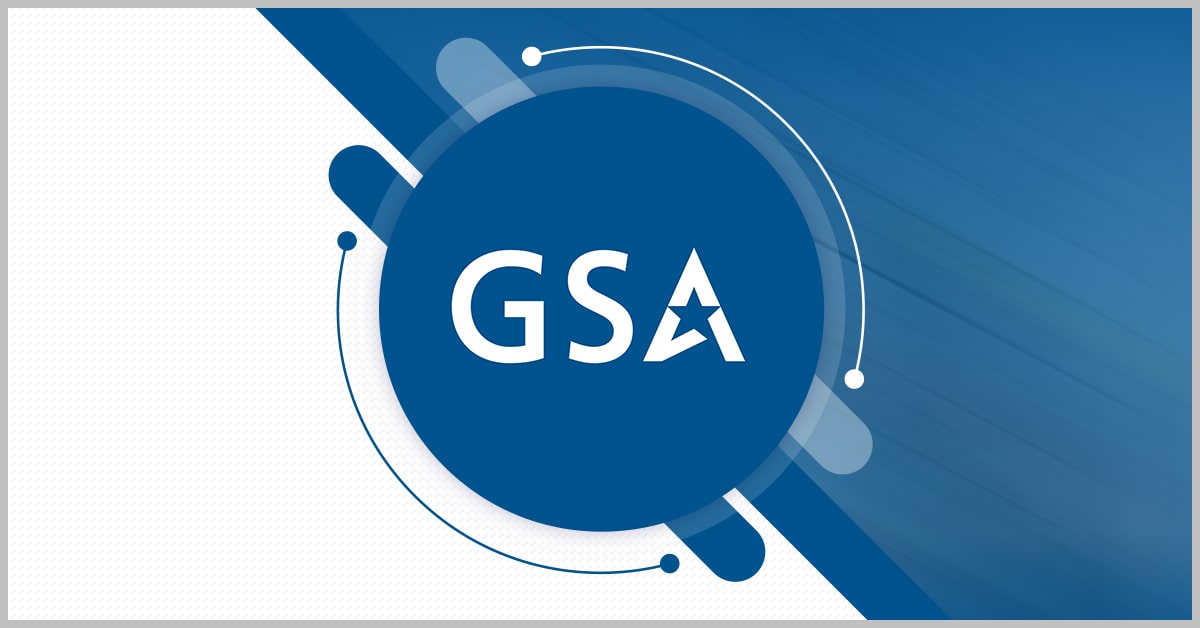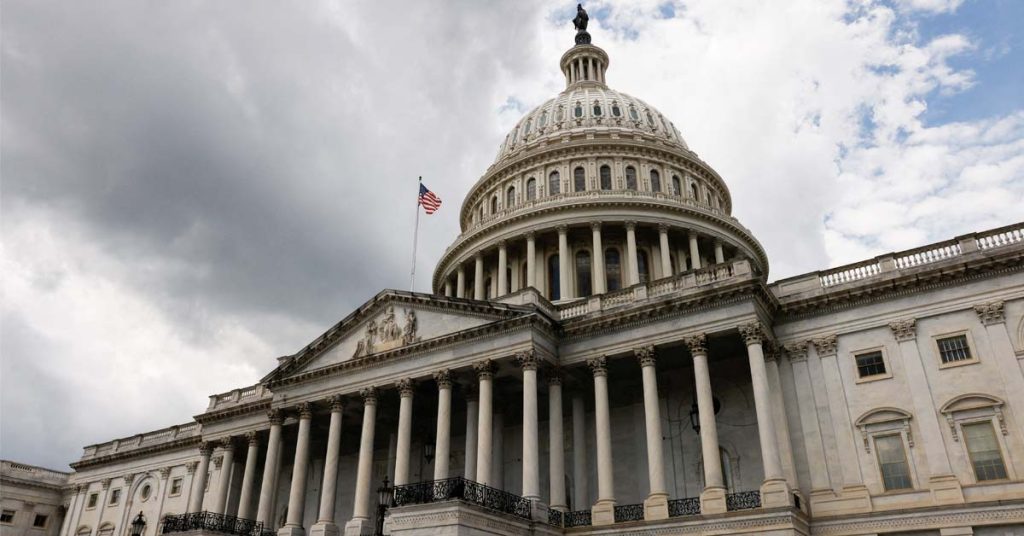The General Services Administration (GSA) is continually updating its primary contract system, the GSA Multiple Award Schedule (MAS) Contract, to better serve federal agencies. These updates encompass various changes, ranging from new rules and tools to revised procedures. Keeping track of these alterations can prove challenging, but we'll delve into some of the significant ones slated for the near future.
- Updates to the Federal Acquisition Service Catalog Platform (FCP)
- Enhancements in Transactional Data Reporting (TDR) Program
- Updated Requirements for Joint Ventures Holding GSA Contracts
- The Reorganization of GSA’s Federal Acquisition Service (FAS)
- Revisions to the Small Business Administration (SBA) Size Standards
- Launch of Ascend: A Blanket Purchase Agreement for Cloud Services
- Introduction of a New Special Item Number for Credential Service Providers
- Revolutionizing Acquisition: GSA Proposes Major Changes to Enhance Value and Efficiency
- Strengthening Federal Procurement: GSA’s Strategic Initiatives to Combat LPTA and Elevate Training
- Conclusion
1. Updates to the Federal Acquisition Service Catalog Platform (FCP)
The Federal Acquisition Service (FAS) Catalog Platform (FCP) is revolutionizing how GSA MAS Contract holders manage modifications, eliminating the need for Advantage uploads via Schedule Input Program (SIP) or EDI-832. While eventually, all GSA MAS Contract holders will complete the FCP GSA vendor transition, GSA is currently rolling out the transition in small groups. Deemed successful after a pilot phase, GSA intends to onboard a new group of GSA MAS Contract holders each month until June 2024, with plans to resume onboarding in fiscal year 2025.
2. Enhancements in Transactional Data Reporting (TDR) Program
Transactional Data Reporting (TDR) presents an optional avenue for companies holding specific GSA MAS Contract SINs to streamline their Federal contract reporting obligations. By furnishing comprehensive monthly sales data, participating contractors can bypass the need for disclosing Commercial Sales Practices disclosures, establishing the Most Favored Customer (MFC)/Basis of Award (BOA), and adhering to the Price Reduction Clause (PRC). Generally embraced by contractors enrolled in the program, TDR aligns with the government’s category management objectives and bolsters the Better Contracting Initiative’s pursuit of agency-wide data sharing to drive cost savings. For GSA MAS Contract holders currently enrolled in TDR updates, it’s imperative to note that GSA intends to introduce updates to the program later this year, primarily slated for the third quarter of this fiscal year (April-June). Among the anticipated FY 2024 TDR enhancements are real-time validation mechanisms for GSA sales reporting, augmented data validation parameters encompassing Manufacturer Name, Manufacturer Part Number, Unit of Measure, and Unit Price fields, and the introduction of TDR data quality performance reports, offering insights into month-over-month summary statistics and comparative data quality performance. Additionally, four new TDR fields are slated for potential mandatory inclusion: Order Date, Ship Date, Zip Code Shipped To, and Federal Customer.
3. Updated Requirements for Joint Ventures Holding GSA Contracts
GSA implemented a new policy tailored specifically for joint ventures pursuing GSA MAS Contracts. For joint ventures that secured their GSA MAS Contract before May 19, 2023, mass modification (mod) A863 mandates compliance with these updated JV requirements. This necessitates the submission of a modification inclusive of newly required documentation for joint venture GSA by the release of the Spring 2024 Refresh, which includes:
- JV Solicitation Attachment along with all relevant accompanying documents
- Price Proposal Template (PPT) specifying the JV partner responsible for delivering the awarded service
- Draft authorized FSS price list incorporating mandatory JV information and disclosures alongside updated Labor Category and Service Descriptions.
It’s worth noting that earlier submission of the modification with the new JV documentation is advisable in cases where an upcoming extension option is on the horizon or if there’s a desire to submit a technical or pricing modification.
4. The Reorganization of GSA’s Federal Acquisition Service (FAS)
GSA’s Federal Acquisition Service (FAS) is undergoing reorganization efforts to streamline operations and enhance service delivery. FAS restructuring may involve readjustment of departments, realignment of resources, and adoption of new management practices. As a GSA Schedule holder, you can expect a more responsive and agile FAS 2024 that is better equipped to meet the evolving needs of federal agencies and industry partners. This process aims to centralize its procurement operations, moving away from regional specialization to a more unified approach.
5. Revisions to the Small Business Administration (SBA) Size Standards
Revisions to the Small Business Administration (SBA) size standards may impact eligibility criteria for small business contracting set-asides and subcontracting opportunities. It’s crucial for GSA Schedule holders to stay updated on these revisions and understand how they may affect their participation in government contracting programs. By staying informed, small businesses can maximize their competitive advantage in the federal marketplace. SBA undergoes a mandatory review every five years to adjust small business size standards methodology. Recently, they published a whitepaper outlining their review of the 2019 methodology, proposing alterations such as adjustments to revenue-based standards and the adoption of a new industry economic assessment method.
6. Launch of Ascend: A Blanket Purchase Agreement for Cloud Services
A Blanket Purchase Agreement (BPA) is a simplified method of purchasing commonly used goods and services, establishing long-term relationships between a buyer and seller. The launch of Ascend, a BPA for cloud services, presents new opportunities for GSA Schedule holders specializing in GSA cloud solutions SIN 518210C. Through cloud BPA Ascend, federal agencies can streamline the federal procurement of cloud services while benefiting from competitive pricing and standardized terms. GSA contractors with expertise in cloud technologies can leverage Ascend to expand their market reach and drive growth.
7. Introduction of a New Special Item Number for Credential Service Providers
A new Special Item Number (SIN) 541519CSP for credential service providers is being introduced to facilitate the procurement of identity verification and authentication solutions. This SIN will enable federal agencies to easily identify and procure credential services from qualified vendors. GSA Schedule holders offering credentialing solutions should explore opportunities within this SIN to capitalize on the growing demand for secure authentication technologies.
8. Revolutionizing Acquisition: GSA Proposes Major Changes to Enhance Value and Efficiency
GSA is proposing major changes to revolutionize federal acquisition practices and enhance value and efficiency across the procurement lifecycle. These changes may include streamlining acquisition processes, leveraging emerging technologies, and fostering greater collaboration between government and industry stakeholders. By embracing innovation and modernization, GSA aims to drive better outcomes for federal agencies and taxpayers.
9. Strengthening Federal Procurement: GSA’s Strategic Initiatives to Combat LPTA and Elevate Training
GSA is implementing strategic initiatives to combat Lowest Price Technically Acceptable (LPTA) procurements and elevate workforce training and development. By promoting best-value procurement methods and investing in employee skills enhancement programs, GSA seeks to raise the bar for federal procurement standards. GSA Schedule holders play a critical role in this effort by delivering high-quality solutions and advocating for value-based procurement practices.
Conclusion
In conclusion, 2024 promises to be a year of significant changes and initiatives within GSA contract programs. From technological advancements to policy updates, GSA Schedule holders must stay informed and adapt to navigate these evolving landscapes successfully. By embracing innovation, fostering collaboration, and upholding the highest standards of integrity and excellence, GSA contractors can seize new opportunities and contribute to the success of federal procurement efforts. Stay tuned for further GSA contract updates and insights as we embark on this journey together towards a more efficient, transparent, and resilient procurement environment. Feel free to reach out to GSA experts at Price Reporter to get detailed information about the updates in 2024.









The shift away from LPTA procurements is a significant move towards quality over cost. This strategy not only benefits contractors who can offer superior solutions, but also enhances the overall value to government agencies.
It’s refreshing to see the GSA addressing challenges involved in joint ventures through updated policies. Making compliance simpler and clearer will likely encourage more collaborative projects and innovative solutions.
I’m particularly excited about the new opportunities the Ascend BPA for cloud services will bring. This initiative seems well-aligned with current technology trends, and should help federal agencies leverage cloud efficiencies more effectively.
The introduction of real-time validation for GSA sales reporting sounds like a game-changer. It’s impressive how these efforts not only streamline operations, but also enhance transparency and compliance across the board.